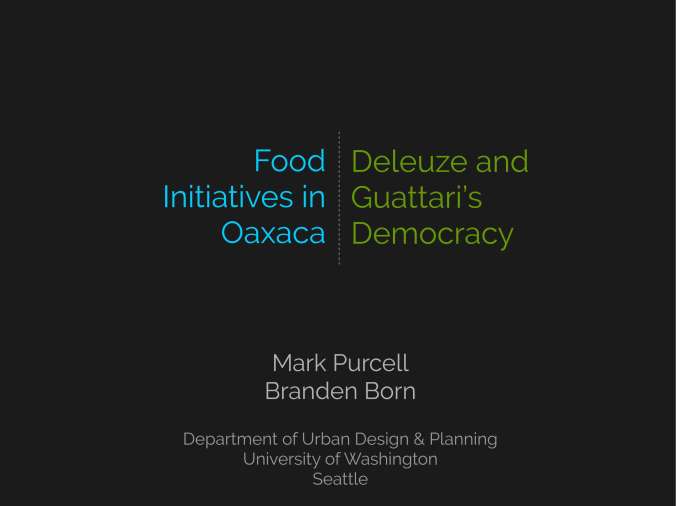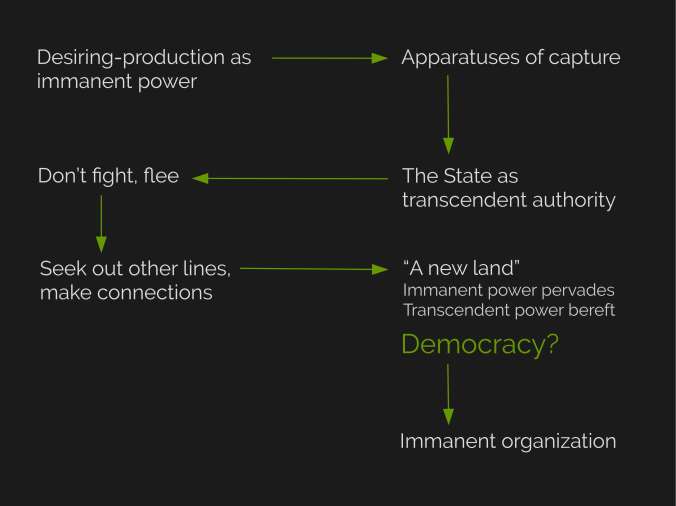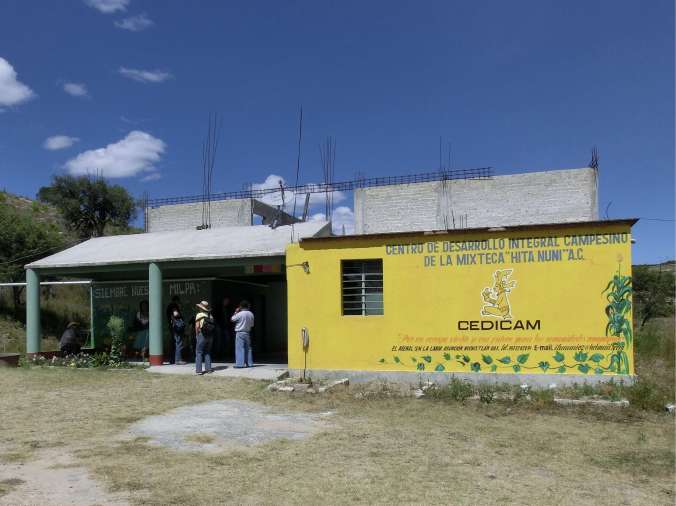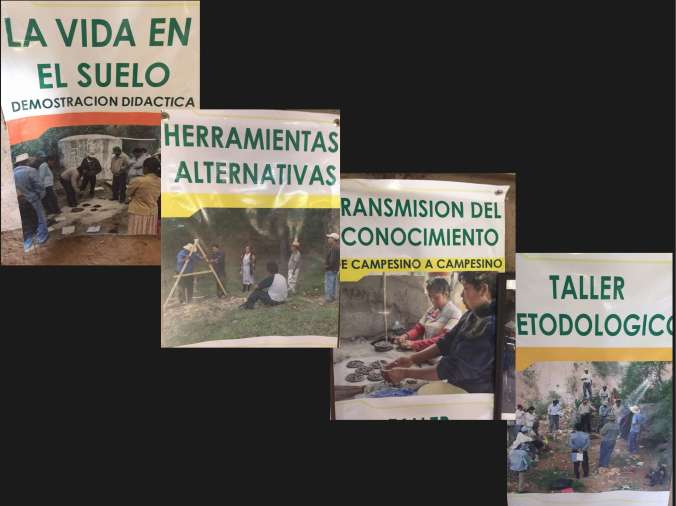CFP: Feminist Geographies in/during Troubled Times: Dialogues, Interventions and Praxis
August 4-6, 2018
Feminist Geography Conference
University of Montreal, Montreal, Quebec, Canada
(Pre-IGU & CAG Conference)
The Canadian Women and Geography (CWAG) specialty group of the Canadian Association of Geographers (CAG) and the International Geographical Union (IGU) Commission on Gender and Geography are pleased to announce a two-day feminist geography conference to be held at the University of Montréal in Montréal, Québec, Canada. Taking place before the IGU Regional Conference and the Annual Meeting of the CAG in Québec City, the pre-conference will promote intergenerational and intersectional dialogues among feminist scholars, researchers and activists around the theme of practicing feminist geography in times that are troubled by recent ecological and societal changes such as the rise of white supremacy and homophobia, neoliberal politics, authoritarianism and climate change. We seek to create a space to examine solidarities and connections among feminist and other fields of critical geography such as queer and anti-racist geographies, political ecology, and non-human geographies. The pre-conference also aims to encourage discussion across linguistic differences by creating space for feminist geographers working in non-Anglo-American contexts. Proposals may be submitted in Spanish, French, and English however, presentations will be in French or English.
Possible Themes
How do feminist geographers understand and address troubled times at all scales from the body to the globe and in contexts such as the home, workplace, and public spaces? How do we address various and messy tensions and contradictions of feminist geographies in and during troubled times? How are tensions contested? What does it mean for various bodies to move through spaces of contradiction and tension? What kinds of tools do we have to dismantle these tensions for opening up spaces for marginalized subjectivities? How can we learn to listen to each other and move forward during these troubled times? What kinds of actions that we can take collectively? We invite proposals to address these tensions and contradictions to open up spaces for conversation and dialogue that includes but not limited to:
● Place and space for/by feminist and other critical geographers in/during troubled times
● Knowledges, methodologies and tools in/during troubled times
● Talking across and through diverse feminist geography traditions and generations
● Connecting feminist geographies and geographers in/during troubled times
● Feminist next steps for better times (what action and praxis?)
● Art(istic) and performative responses to troubled times
Sessions, Panels, and Paper Submission
In the submission, include the name of the session, panel or paper, the names and contact information for all participants and an abstract of no more than 250 words.
Abstracts and presentations can be in either English or French.
Sessions & Panels: October 31, 2017
Papers: November 30, 2017
Adress for submission : femgeogconference@gmail.com
Registration
Details about registration will be announced shortly.
A modest registration fee that will be reduced for graduate students will be charged
Tentative Schedule
Registration and Welcoming Event – Saturday, August 4, 2018
Paper sessions and keynote – Sunday, August 5, 2018
Paper sessions and panels – Monday, August 6, 2018 (morning)
Depart for IGU in Quebec City – Monday, August 6, 2018 (afternoon)
Hosts
IGU Commission on Gender and Geography, Canadian Women and Geography (CWAG), and Département de géografie, Université de Montréal.
Organizing Team
Marianne Blidon (Université de Paris-Sorbonne), Caroline Desbiens (Université Laval), Patricia Martin (Université de Montréal), Tiffany Muller-Myrdahl (Simon Fraser University), Julie Podmore (John Abbott College), Valerie Preston (York University), Laura Shillington (John Abbott college), Laurence Simard-Gagnon (Queen’s University) and Ebru Ustundag (Brock University)
FRENCH VERSION
Appel à communication : Géographies féministes en des temps troublés: Dialogues, Interventions et Praxis
4-6 août 2018
Colloque de Géographie Féministe
Université de Montréal, Montréal, Québec, Canada
(Pré-conférence de l’UGI et de l’ACG)
Le groupe d’étude sur les femmes et la géographie de l’Association canadienne des géographes (CWAG) et la commission genre et géographie de l’Union géographique internationale (UGI) sont heureux de vous annoncer la tenue du colloque de géographie féministe qui se tiendra durant deux jours à l’Université de Montréal, à Montréal (Québec, Canada). Ayant lieu avant le congrès régional de l’UGI et le congrès annuel de l’ACG dans la ville de Québec, la pré-conférence favorisera le dialogue intergénérationnel et intersectionnel entre les chercheur/euse.s et les militant.e.s féministes autour du thème de la pratique de la géographie féministe en des temps troublés. Nous explorerons cette thématique en écho aux récents changements sociaux tels que la résurgence du suprémacisme blanc, les politiques anti-féministe et homophobes, les politiques autoritaires et néolibérales, et écologiques tels que le changement climatique et les crises environnementales. Nous souhaitons créer un espace favorable à l’analyse des solidarités et des liens entre le féminisme et les autres champs de la géographie critique tels que les géographies queer, décoloniales et antiracistes ainsi que l’écologie politique et les géographie non-humaines. La pré-conférence vise également à encourager le dialogue au-delà des différences linguistiques en créant un espace pour les géographes féministes travaillant dans des contextes non anglo-américains. Les propositions peuvent être soumises en espagnol, en français et en anglais. Toutefois les présentations se feront en français ou en anglais.
Thèmes possibles
Comment en tant que géographes féministes comprenons-nous et abordons-nous les temps troublés à toutes les échelles – du corps au monde – et dans des contextes tels que la maison, le lieu de travail et les espaces publics ? Comment considérons-nous et résolvons-nous les diverses tensions et contradictions des géographies féministes en des temps troublés ? Comment ces tensions sont-elles contestées ? Qu’est-ce que cela signifie pour divers corps de se déplacer dans des espaces de contradiction et de tension ? De quels types d’outils disposons-nous pour venir à bout de ces tensions et ouvrir des espaces pour les subjectivités marginalisées ? Comment pouvons-nous apprendre à nous écouter les un.es les autres et à aller de l’avant en ces temps troublés ? Quelles dispositions pouvons-nous prendre collectivement ?
Nous appelons les propositions à considérer ces tensions et ces contradictions pour ouvrir des espaces d’échanges et de dialogue qui incluent, sans pour autant s’y limiter, les thèmes suivants:
• Lieux et espaces des géographes féministes et critiques en des temps troublés ;
• Savoirs, méthodologies et outils en des temps troublés ;
• Dialoguer à partir de diverses traditions et générations de la géographie féministe ;
• Mettre en contact les géographes et les géographies féministes en des temps troublés ;
• Prochaines étapes féministes vers des temps meilleurs (quelles actions et praxis ?) ;
• Performances et réponses (art)tistiques aux temps troublés.
Soumission des propositions de sessions, tables rondes et de communications
Les propositions doivent inclure le nom de la session, de la table ronde ou de la communication, les noms et les contacts des intervenant.e.s ainsi qu’un résumé d’un maximum de 250 mots.
Propositions de sessions et de tables rondes: 31 octobre 2017
Propositions de communications : 30 novembre 2017
Les résumés et présentations peuvent être en français ou en anglais.
Les propositions sont à envoyer à l’adresse suivante : femgeogconference@gmail.com
Inscriptions
Les détails concernant les inscriptions seront prochainement mis à votre disposition.
Une participation modeste, en particulier pour les étudiant.e.s, aux frais d’inscription sera demandée.
Déroulement
Accueil, enregistrement et discours d’ouverture – Samedi 4 août 2018
Session plénière, sessions et ateliers – Dimanche 5 août 2018
Sessions et tables rondes – Lundi 6 août 2018 (matin)
Départ pour la conférence de l’UGI à Québec – Lundi 6 août 2018 (après-midi)
Soutiens institutionnels
La Commission Genre et géographie de l’UGI, le groupe d’étude sur les femmes et la géographie de l’Association canadienne des géographes (CWAG) et le département de géographie de l’Université de Montréal.
Comité d’organisation
Marianne Blidon (Université Paris 1-Panthéon Sorbonne), Caroline Desbiens (Université Laval), Patricia Martin (Université de Montréal), Tiffany Muller Myrdahl (Simon Fraser University), Julie Podmore (John Abbott College), Valerie Preston (York University), Laura Shillington (John Abbott college), Laurence Simard-Gagnon (Queen’s University) et Ebru Ustundag (Brock University).
Spanish Version
Convocatoria de ponencias: Conferencia de geografías feministas en los tiempos turbulentos: diálogos, intervenciones y praxis
Pre-conferencia de Geografía Feminista del Congreso Regional de la UGI y el congreso anual de la Asociación Canadiense de Geógrafos
Université de Montréal, Montréal, Québec, Canadá
4 a 6 de agosto del 2018
El grupo de trabajo de la Geografía y Mujeres Canadienses (CWAG en sus siglas inglesas) de la Asociación Canadiense de Geógrafos y la Comisión de Geografía y Género de la Unión Geográfica Internacional (UGI) se complacen en anunciar una conferencia de geografía feminista que se llevará a cabo en la Université de Montréal en Montréal, Québec, Canadá. Esta pre-conferencia, inserta en el marco de la conferencia regional del UGI y el congreso anual de la Asociación Canadiense de Geógrafos que se celebrarán en la Ciudad de Québec, tiene como objetivo promover diálogos intergeneracionales e interseccionales entre l@s académic@s, investigadores y activist@s feministas sobre el tema de como practicar la geografía feminista en tiempos turbulentos. Queremos crear un espacio para examinar las solidaridades y las conexiones entre feministas y otros campos de la geografía crítica, como las geografías queer y antiracista. Además, la pre-conferencia tiene al propósito fomentar una discusión a través de las diferencias lingüísticas, creando espacio para l@s geógraf@s feministas que trabajan en contextos que no son angloamericanos.
Temas posibles
¿Cómo podemos, como geógraf@s feministas, entender y abordar los tiempos turbulentos en todas las escalas -desde el cuerpo al mundo entero – y en contextos diferentes como el hogar, el trabajo y los espacios públicos? ¿Cómo consideramos y resolvemos las diversas tensiones y contradicciones de las geografías feministas en tiempos turbulentos? ¿Cómo se cuestionan estas tensiones? ¿Qué significa que varios cuerpos se muevan en espacios de contradicción y tensión? ¿Qué tipo de herramientas tenemos para superar estas tensiones y abrir espacios para las subjetividades marginadas? ¿Cómo podemos aprender a escucharnos y avanzar durante estos tiempos turbulentos? ¿Qué acciones colectivas podemos hacer?
Invitamos propuestas que consideren estas tensiones y contradicciones con la intención de abrir espacios de diálogo e intercambio que incluyan, entre otros, los siguientes temas:
• Lugares y espacios de geógraf@s feministas y críticos en tiempos turbulentos;
• Conocimientos, metodologías y herramientas en tiempos turbulentos;
• Diálogo de varias tradiciones y generaciones de geografía feminista;
• Conectar geógraf@s y geografías feministas en tiempos turbulentos;
• Los próximos pasos feministas hacia tiempos mejores (¿qué acciones y praxis?);
• Respuestas artísticas y performativas en tiempos turbulentos.
Presentación de propuestas de ponencias, sesiones y mesas redondas
Se aceptan los resúmenes en español, pero la ponencia tiene que ser en inglés o francés.
Las propuestas deben incluir el título de la sesión, mesa redonda o ponencia, nombres y contactos de los ponentes y el resumen (de no más de 250 palabras).
Propuestas de sesiones y mesas redondas: 31 de octubre de 2017
Propuestas de ponencias: 30 de noviembre de 2017
Las propuestas deben enviarse a: femgeogconference@gmail.com
Inscripción
Los detalles de inscripción serán disponibles pronto.
Se solicitará una cuota de inscripción modesta, reducida para los estudiantes.
Anfitriones de la conferencia
La Comisión de Geografía y Género de la Unión Geográfica Internacional (UGI), el grupo de trabajo de la Geografía y Mujeres Canadienses (CWAG en sus siglas inglesas) de la Asociación Canadiense de Geógrafos y Département de géografie, Université de Montréal.
Horario preliminar
4 de agosto de 2018: Evento social informal en la tarde con grupos comunitarios en el centro de Montréal.
5 de agosto de 2018 (todo el día): sesiones simultáneas de papel / panel
6 de agosto de 2018 (la mañana): sesiones simultáneas de papel / panel
6 de agosto de 2018 (la tarde): Viaje a la ciudad de Québec
Comité organizador/Comité d’organisation/Organising Committee
Marianne Blidon (Université Paris 1-Panthéon Sorbonne), Caroline Desbiens (Université Laval), Patricia Martin (Université de Montréal), Tiffany Muller-Myrdahl (Simon Fraser University), Julie Podmore (John Abbott College), Valerie Preston (York University), Laura Shillington (John Abbott College), Laurence Simard-Gagnon (Queen’s University) y Ebru Ustundag (Brock University).






